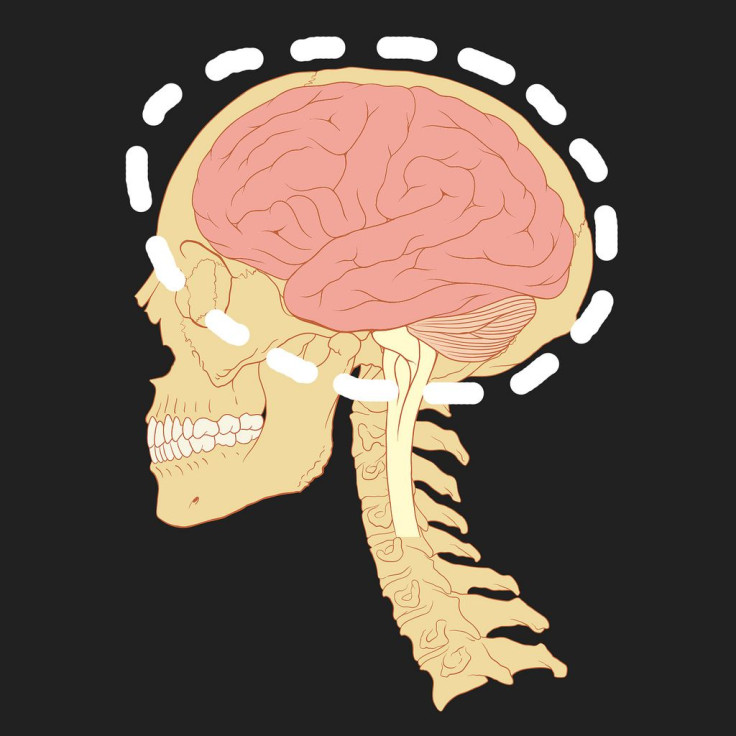A Brain Scan Can Tell A Lot About Your Personality And Intelligence; It's As Unique As Fingerprint

Soon, scientists may be able to scan your brain to discover your level of intelligence — and get a better picture of you as a unique individual, according to new research out of Yale. Publishing a study in Nature Neuroscience, the researchers found that a person’s brain activity can be as unique as their fingerprint, offering clues about individual brain connectivity.
In the study, the researchers gathered fMRI data from 126 participants, having them undergo six scan sessions over the course of two days. In four of the sessions, the participants completed cognitive tasks; in the other two, they rested. Researchers were able to measure brain activity in 268 brain regions, as well as the strength of connections and coordinated activity between different regions, as the participants either thought or relaxed.
Amazingly, gathering data on how the brain regions connected gave the scientists the ability to predict how the participants would perform on tasks — ultimately giving them a picture of their unique intelligence and personality. The stronger these connections are between brain regions, generally speaking, the smarter the person is.
“In most past studies, fMRI data have been used to draw contrasts between, say, patients and healthy controls,” Emily Finn, a Ph.D. student in neuroscience and an author of the study, said in the press release. “We have learned a lot from these sorts of studies, but they tend to obscure individual differences which may be important.”
This has a lot of implications for the future of scanning brains — as such information could help classify people into different groups, such as “more intelligent” or “more likely to commit a violent crime.”
“In the future, WIRED could put job applicants in an MRI scanner and look at their functional connections and determine if they’re going to be good writers,” Todd Constable, another author of the study, told WIRED. “It’s really early days, but that’s kind of the direction it’s headed.”
But perhaps more seriously, the researchers think this sort of scanning could be useful in other areas like education and even addiction rehabilitation centers. For example, kids could have their brains scanned to determine what sort of educational environment would suit them best, and people can also be scanned to see who’s more likely to fall into substance abuse and addiction. Companies, schools, colleges, prisons, nearly anything could soon scan to see whether an individual is smart, violent, or even prone to being delusional. While this may be helpful in many situations, it could lead to “neurodiscrimination” (i.e., a company hiring someone based on their brain scans).
On a more therapeutic level, however, this sort of technique could offer new ways to treat mental disorders like schizophrenia or depression. We respond differently to certain drugs and therapies, and allowing doctors to see more about our personalities and tendencies could help them tailor treatments for patients.
Source: Finn E, Shen X, Scheinost D, Rosenberg M, Huang J, Chun M. Functional connectome fingerprinting: identifying individuals using patterns of brain connectivity. Nature. 2015.



























